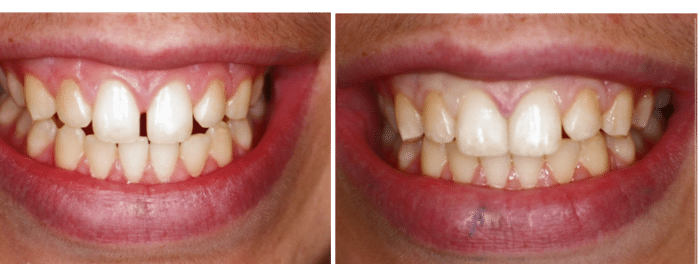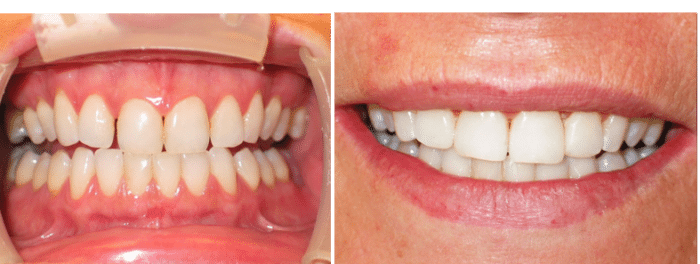Tooth Bonding An Overview
Tooth bonding can be a quick and economical option to address minor cosmetic concerns or to repair teeth that are chipped, cracked, or damaged. This cosmetic procedure can be completed in our Sandy Springs dentist office, often during a single visit, without needing a numbing agent or local anesthetic.
Similar to composite veneers, dental bonding is a temporary solution that can take care of the same problems as porcelain veneers. This means it’s safe for children and mouths that aren’t done growing yet. It’s completely removable if you decide that you want to reverse the restoration or want to commit to something more permanent.
Though bonding is temporary, it still has a long life, especially if you take diligent care of your oral health. Depending on the circumstances, it can last anywhere from three to ten years. It can vary based on how much bonding material is used and the location of the teeth that it’s used on. Taking good care of your oral health can help it last as long as possible.
Unlike porcelain veneers, you don’t need to permanently have a restoration there after bonding. Porcelain veneers require a significant amount of tooth structure to be removed. This isn’t the case with dental bonding.
Real Results, Tooth Bonding


